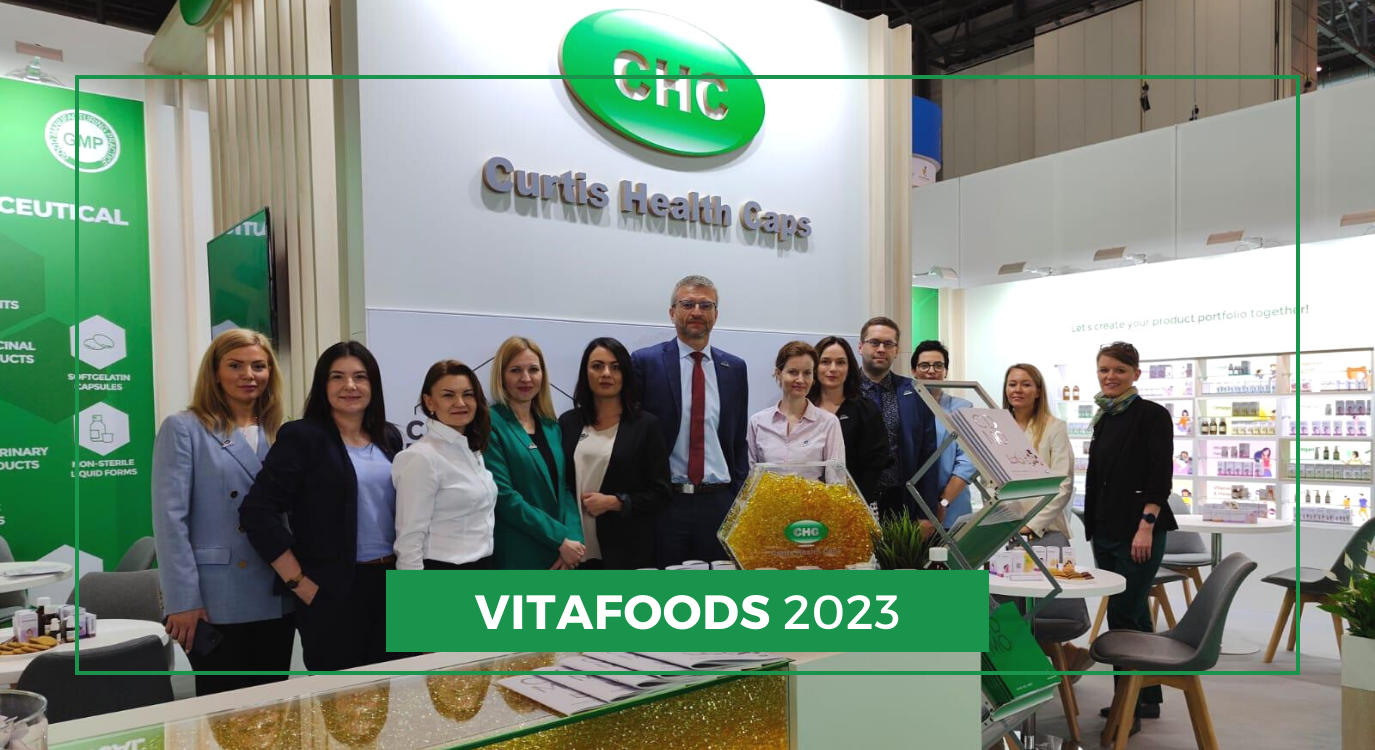

Vitamin K and COVID-19
What is vitamin K [1,2]
Vitamin K is one of the fat-soluble vitamins and has an important function in the process of blood clotting. However, research in recent years suggests that it is reasonable to associate it with a pleiotropic effect on a number of tissues in the body. Based on differences in the structure of the molecule, we identify the following forms of compounds from the vitamin K group: vitamin K1 (phylloquinone, PQ); vitamin K2 (menaquinone, MQ) and provitamin K (menadione, vitamin K3). Additionally, there are several subtypes of vitamin K2, named according to the length of the side chain in the molecule. In the human body, the short-chain subtype MQ-4 is most common, as well as MQ-7 and MQ-10 produced by bacteria.Sources of vitamin K
The main dietary sources of PQ are dark green leafy vegetables (e.g., Brassica oleracea, turnip, broccoli, spinach, kale), as well as some fruits (e.g., prunes, kiwi, avocado, blueberries, blackberries, grapes) and nuts (pine nuts, cashew nuts, pistachios). In contrast, the main sources of MQ are fermented foods (sauerkraut, natto), cheese, eggs and meat. [2] Vitamin K present in vegetables (PQ) is absorbed in only 5–10%, whereas MQ from dairy products is almost fully absorbed. [1]Distribution of vitamin K in the body [1,2]
Based on estimated dietary intake, PQ accounts for 50%, MQ-4 accounts for 10%, and MQ-7, -8 and -9 account for 40% of total absorbed vitamin K. Being a fat-soluble substance, vitamin K is absorbed in the small intestine in the presence of dietary fat with the involvement of cholesterol transporters. There are tissue-specific distribution patterns of vitamin K in the body. PQ was detected in all tissues, with relatively high levels in liver and heart, but lower levels in brain, lungs and kidneys. In contrast, MQs appear to be more important for extrahepatic tissues. High levels of MQ-4 have been reported in the brain and kidneys, and low levels in the liver, heart and lungs. The increased amounts of MQ-4 in the brain suggest that this is the active form of vitamin K in this region. MQs with medium and long side chains have been recovered mainly from liver samples. [1]Recommended daily intake of vitamin K
The Recommended Daily Allowance for vitamin K is set at 75 µg in the EU. The Resolution of the Panel on dietary supplements in force in Poland sets the maximum possible content of vitamin K in dietary supplements at 200 µg, with a note that the product should not be taken by people taking anticoagulants, i.e. warfarin or acenocoumarol. This quantity was determined taking into account the MSL values adopted in other European Union countries: France 25 µg/day; Belgium 210 µg/day and Italy 200 µg/day. [3]Mechanism of action of vitamin K
Vitamin K, from a biochemical point of view, is a mono-functional nutrient as its only well-described function is to facilitate γ-carboxylation. However, this activity can be considered pleiotropic, due to the fact that it activates proteins with distinct, opposing and not yet fully understood functions. [2] The most important lines of action of vitamin K include:- Activation of hepatic procoagulant factors.
- Carboxylation of osteocalcin (a protein capable of transporting and binding calcium in bones).
- Activation of matrix Gla protein (an inhibitor of vascular calcification and cardiovascular events) and Gas6 protein (involved in brain physiology and cognitive impairment and neurodegenerative diseases).
- Improving insulin sensitivity, thereby lowering the risk of diabetes.
- Anti-proliferative, pro-apoptotic effects are associated with a reduced risk of cancer. [1,2]
Vitamin K in the course of COVID-19 [2, 4, 5]
Although COVID-19 is an infectious disease, the severity of its course and mortality can be attributed not to direct infectious complications but mainly to immunological complications. SARS-CoV-2 has the ability to stimulate the immune system of infected individuals, leading to the development of severe inflammation of lung tissue. Data from SARS-CoV-2 infection suggest that the synthesis of pro-inflammatory cytokines begins in infected alveolar cells of the lungs and is characterised by elevated levels of IL-6 and TNF-α, which are associated with the occurrence of the so-called “cytokine storm” and consequently with the poor prognosis of COVID-19. In recent years, there has been increased focus on the anti-inflammatory effects of vitamin K, mediated by the reduction of PGE2, COX2, IL-6. When vitamin K deficiency occurs due to intestinal malabsorption or in association with medication (anticoagulants or prolonged antibiotic therapy), increased levels of inflammatory cytokines have been observed, including IL-6 Increased proteolytic activity in the lungs of SARS-CoV-2 infected individuals increases the susceptibility of elastin fibres to Ca2+ ions, leading to increased synthesis of pulmonary matrix Gla protein (MGP) (a protein that plays a key role in protecting tissues from calcification) leading to depletion of extrahepatic vitamin K stores. This deficiency attenuates MGP activation, possibly causing further damage to elastin fibres, the rate of which is associated with a poor prognosis in patients with SARS-CoV-2 pneumonia, similar to other lung diseases such as chronic obstructive pulmonary disease, cystic fibrosis and bronchial dilatation.References
- Popa DS, Bigman G, Rusu ME. The Role of Vitamin K in Humans: Implication in Aging and Age-Associated Diseases. Antioxidants (Basel). 2021;10(4):566. Published 2021 Apr 6.
- Janssen R, Visser MPJ, Dofferhoff ASM, Vermeer C, Janssens W, Walk J. Vitamin K metabolism as the potential missing link between lung damage and thromboembolism in Coronavirus disease 2019. Br J Nutr. 2021;126(2):191-198.
- Resolution No. 2/2020 of the Dietary Supplements Team of 7 February 2020 on expressing an opinion on the maximum dose of vitamin K in the recommended daily intake in dietary supplements.
- Anastasi E, Ialongo C, Labriola R, Ferraguti G, Lucarelli M, Angeloni A. Vitamin K deficiency and covid-19. Scand J Clin Lab Invest. 2020 Nov; 80(7):525-527.
- Dofferhoff ASM, Piscaer I, Schurgers LJ, et al. Reduced vitamin K status as a potentially modifiable risk factor of severe COVID-19 [published online ahead of print, 2020 Aug 27]. Clin Infect Dis. 2020; ciaa1258.
Author
R&D Department, Curtis Health Capstel.: +48 61 625 27 00
fax: +48 61 625 27 01
office@chc.com.pl
bd@chc.com.pl
purchasing@chc.com.pl
rd@chc.com.pl
BDO: 000102401
Wysogotowo
ul. Batorowska 52
62-081 Przeźmierowo
POLAND
District Court for Poznań - Nowe Miasto and Wilda in Poznań, the 8th Commercial Division of the National Court
KRS 0000871229
NIP 781-00-41-371
Share capital: 36 100 000PLN
© Curtis Health Caps. All rights reserved.


